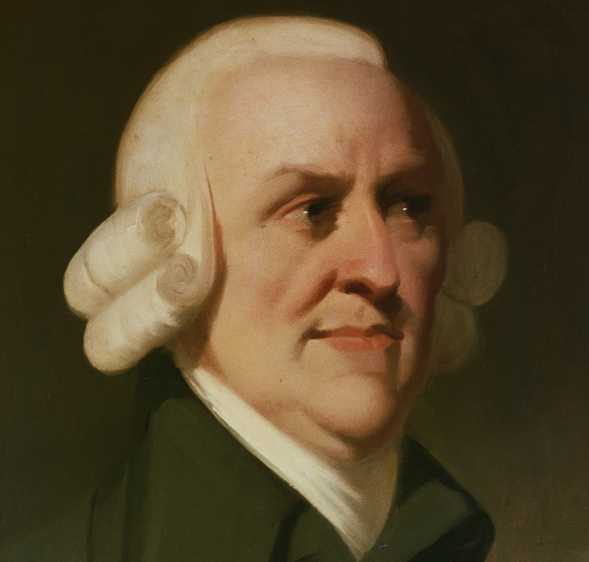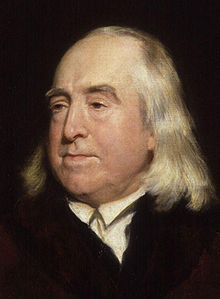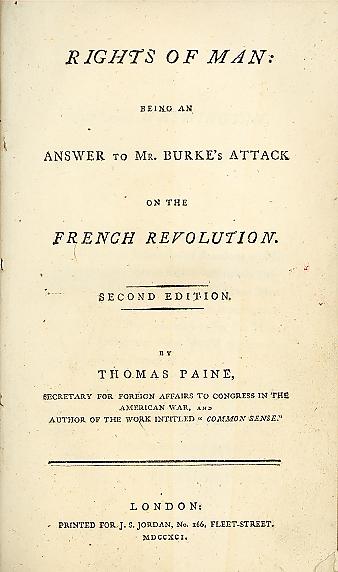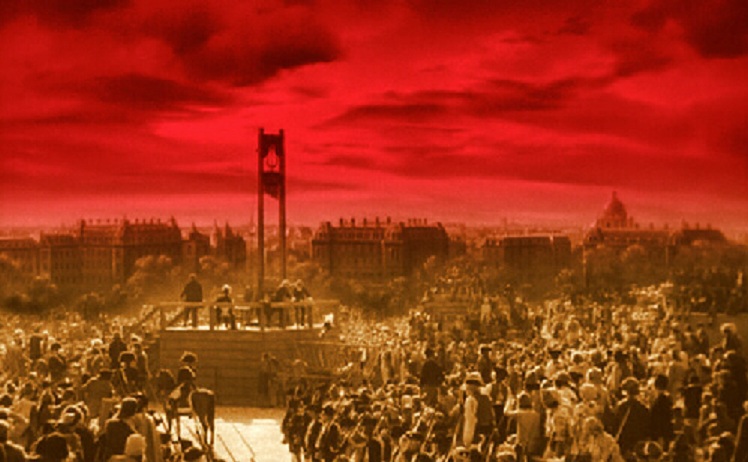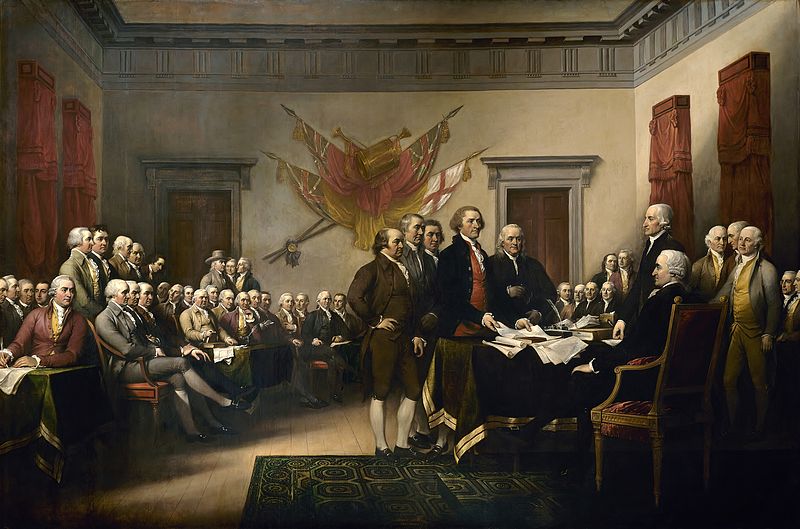Classical liberalism
The development into maturity of classical liberalism took place before and after the French Revolution in Britain, and was based on the following core concepts: classical economics, free trade, laissez-faire government with minimal intervention and taxation and a balanced budget. Classical liberals were committed to individualism, liberty and equal rights. The primary intellectual influences on 19th century liberal trends were those of Adam Smith and the classical economists, and Jeremy Bentham and John Stuart Mill.
Adam Smith’s The Wealth of Nations, published in 1776, was to provide most of the ideas of economics, at least until the publication of J. S. Mill’s Principles in 1848. Smith addressed the motivation for economic activity, the causes of prices and the distribution of wealth, and the policies the state should follow in order to maximize wealth.
Smith wrote that as long as supply, demand, prices, and competition were left free of government regulation, the pursuit of material self-interest, rather than altruism, would maximize the wealth of a society through profit-driven production of goods and services. An “invisible hand” directed individuals and firms to work toward the nation’s good as an unintended consequence of efforts to maximize their own gain. This provided a moral justification for the accumulation of wealth, which had previously been viewed by some as sinful.
His main emphasis was on the benefit of free internal and international trade, which he thought could increase wealth through specialization in production. He also opposed restrictive trade preferences, state grants of monopolies, and employers’ organizations and trade unions. Government should be limited to defense, public works and the administration of justice, financed by taxes based on income. Smith was one of the progenitors of the idea, which was long central to classical liberalism and has resurfaced in the globalization literature of the later 20th and early 21st centuries, that free trade promotes peace.
Utilitarianism provided the political justification for the implementation of economic liberalism by British governments, which was to dominate economic policy from the 1830s. Although utilitarianism prompted legislative and administrative reform and John Stuart Mill’s later writings on the subject foreshadowed the welfare state, it was mainly used as a justification for laissez-faire. The central concept of utilitarianism, which was developed by Jeremy Bentham, was that public policy should seek to provide “the greatest happiness of the greatest number”. While this could be interpreted as a justification for state action to reduce poverty, it was used by classical liberals to justify inaction with the argument that the net benefit to all individuals would be higher. His philosophy proved to be extremely influential on government policy and led to increased Benthamite attempts at government social control, including Robert Peel’s Metropolitan Police, prison reforms, the workhouses and asylums for the mentally ill.
The repeal of the Corn Laws in 1846 was a watershed moment and encapsulated the triumph of free trade and liberal economics. The Anti-Corn Law League brought together a coalition of liberal and radical groups in support of free trade under the leadership of Richard Cobden and John Bright, who opposed militarism and public expenditure. Their policies of low public expenditure and low taxation were later adopted by the liberal chancellor of the exchequer and later prime minister, William Ewart Gladstone. Although British classical liberals aspired to a minimum of state activity, the passage of the Factory Acts in the early 19th century which involved government interference in the economy met with their approval.
